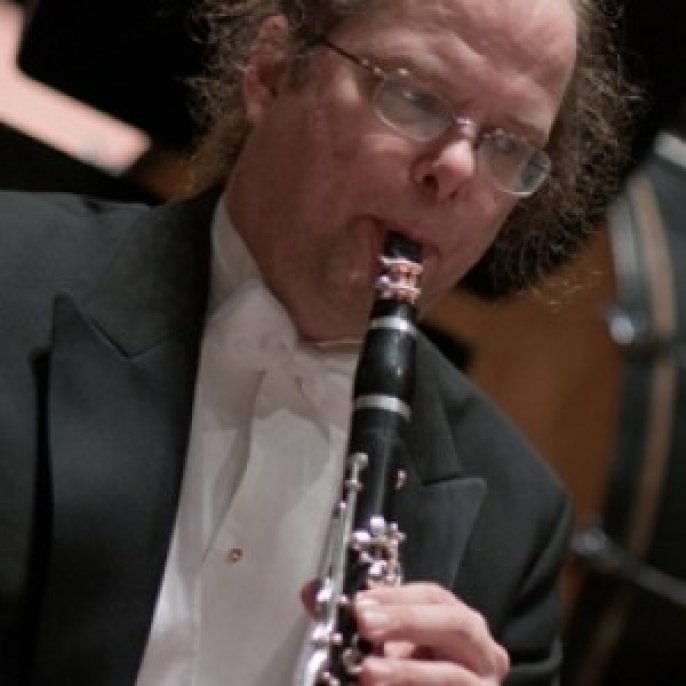
Peter-Marc Dijcks
Teacher Clarinet and Methodology
Musician with a mixed practise, specialized in modern music, plays for chambre music ensemples such as Trio Klavino and Xenakis, organiser for orchestras and ensembles
The Clarinet Classical main subject is taught by a team of two intensively collaborating clarinet teachers who have both earned their spurs on the concert stage and in teaching practice.
In addition to teaching the required skills on the clarinet, they attach great importance to the development of your individual qualities, personal areas of interest and unique creative talents. With this we prepare you as optimally as possible for creating your own niche in today's and continuously changing music life.
You will receive weekly group lessons with the other woodwind players, both from the main subject teachers and from outside specialists. In each of these lessons, a specific theme is discussed, such as a subject from technology, improvisation, military orchestra repertoire, methodology, or another theme that is a valuable addition to the study programme. This enables you to develop into an all-round musician.
The clarinet department aims to form a close-knit unit and a fruitful and stimulating learning environment, in which you can take full advantage of an inspiring, constant exchange of ideas, learning skills and creative ideas.
Studying at the ArtEZ Academy of Music with principal study teacher Oscar Ramspek, laid the foundation for the person I am today. I was given all the time and space to develop myself. I've always been able to put my full focus on my clarinet playing and made friends for life!"
In addition to the general admission criteria, there are also specific instrumental requirements. During the audition, you will perform at least one étude and a recital piece, unless indicated otherwise. The pieces mentioned are merely examples. You can also opt for other works of a similar level.
Your performing skills will be tested on the basis of:

Teacher Research Skills
Played in 'Gelders Orkest' (PHION) for almost 30 years and in KCO for five years, always teached in addition to that, focusses on: tone production, rhythm, musical understanding and musical expression